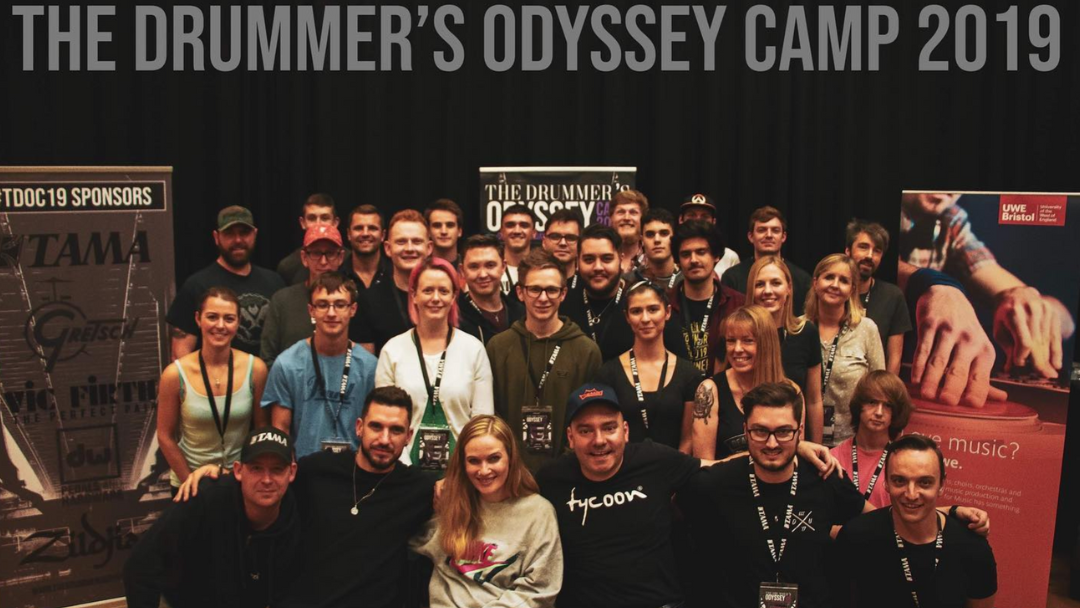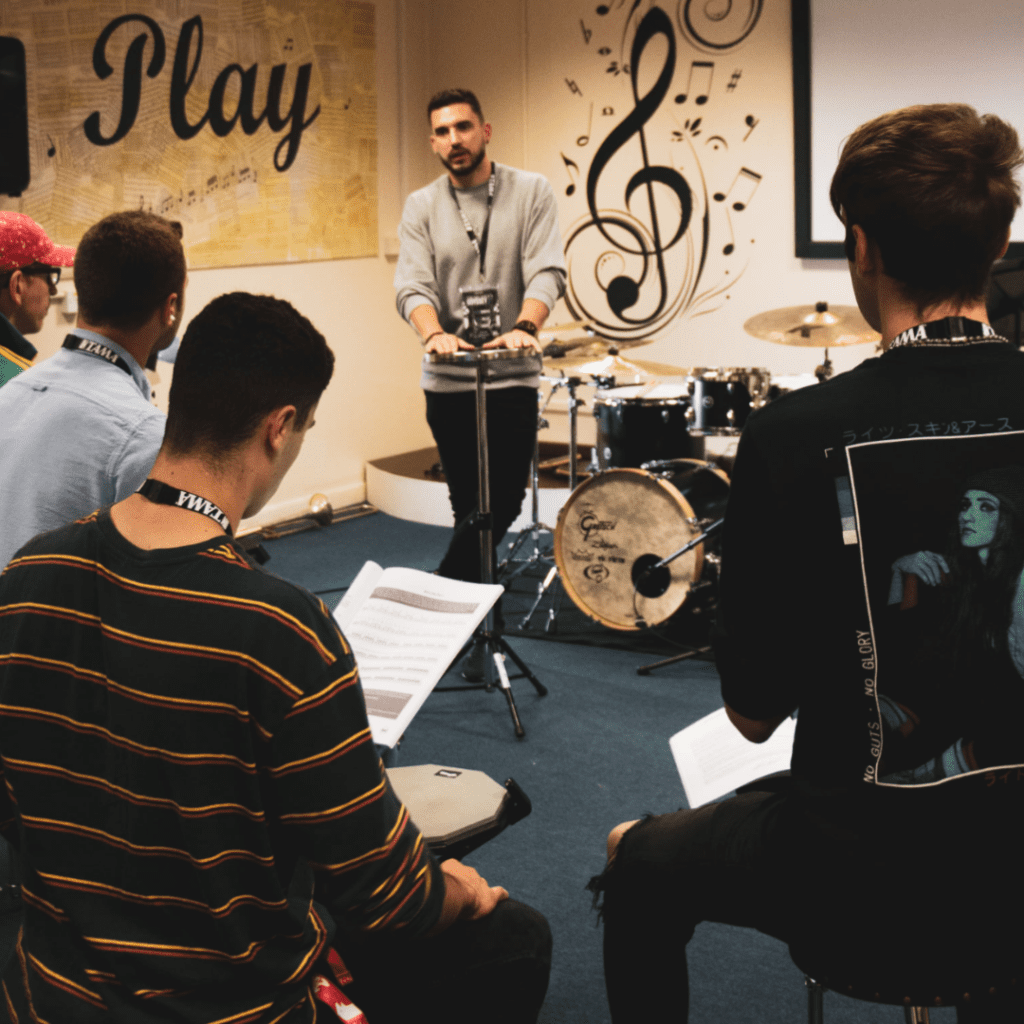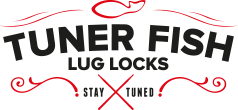Surviving during lockdown
An interview with AJ Rousell about how he’s run drum camp through the lockdown.
1) How has the pandemic changed the way you ran you drum camp this year?
It changed pretty drastically… Naturally, the whole event needed to be pulled due to multiple factors, so I was left with two choices; “Cancel it, and wait until next year” or “Adapt and make something happen, even if it’s a little different”. Lockdown really hit the UK drum community hard and seemed to put a lot of people in a really low place, so it felt right to really try and make something happen to give people a drum event this year! All my lessons were moved online in March, which showed that online education can still work well. All that was left was to provide the same ‘camp experience” as in previous years, but without the need for anyone to leave their homes. So all the Camp Packs were posted to the campers, and I brought on 5 tutors instead of the usual 3. Myself (England), Dave Major (Scotland), Camille Bigeault (France), JP Bouvet (New York), and Sarah Thawer (Canada). A fully international line up spread around the globe! I didn’t realise this until a few months later, but this was actually the first-ever full-length, multi-tutored, drum camp to be held completely remotely. So although it was stressful, and in a sense felt like jumping into the unknown, it was something I was proud to see happen and we all had a great weekend.
2) Do you think participants got as much from it?
I think they did, but maybe in a different way… There were actually things that could be offered at a Virtual Camp that can’t be offered in-person; such as all the campers being able to sit at their own drum kits for the weekend, a more private space to practice and make mistakes, time alone to recharge if needed, etc… The amount of tuition and material provided was pretty intense and should keep all the attendees busy for months, if not years. Each session was totally different, so there was such a wealth of experience and content being shared, and the opportunity to ask questions and interact with the tutors was still a possibility. It was a different way of running a camp, but to some level, it still seemed to tick the boxes for what usually makes TDOC a great weekend.


3) Do you think it has made you think more about running it virtually from now on?
As a one-off, it worked really well, mainly because people were also so hungry for a drum event in 2020 and were happy to adapt and enjoy something a little different. I would rather move back to face-to-face as soon as we are able to, but it has shown that moving it virtually can work if needed. And there are some ideas for the camp on the back of the 2020 Virtual Camp… that’s all I’ll say on that for now 😉


4) What do you think the benefits are of face to face over virtual or vice versa?
There are Pros and Cons to both… The excitement of meeting your drum heroes in person will never be met to the same level at a Virtual Camp, and that is an experience that I and TDOC have always been proud to be able to give people. It’s the main joy of a drum camp, and that community feel and the socialising environment is always so great…. But on the other side of the coin, Virtual Camps make every drummer, from any part of the world, totally accessible! Sorting out travel/accommodation/dog-sitters/etc, were all things that the campers didn’t need to worry about at a Virtual Camp. TDOC20 had attendees logging in from UK, Belgium, Spain and Chile! It became so much more of a global drum camp than expected.


5) What has being in lockdown taught you personally about your goals in the music industry?
I’ve learnt a lot since last March, but I will focus on my top 3; 1) Being adaptive is everything! 2) Don’t be afraid to keep throwing things at the wall and seeing what sticks 3) Irrelevant of the situation, always try to make it work for you A road closure doesn’t mean you sack off the whole journey, you find a way around it, and lockdowns were definitely the time to exercise this. It taught me how you can still pursue goals in spite of a ‘impossible’ situation, by searching for creative ways to try and make it work for you. Losing a huge chunk of your work is a really difficult pill to swallow, and in 2020 I had a number of clinics cancelled which I felt was going to stall my career pretty badly. Yet in a few days time, Myself and Emmanuelle Caplette are doing a clinic together which (at the time of writing this) has 140 people signed up…. In the “normal world” that would be a logistical nightmare and realistically wouldn’t work, so it is something that is only possible because of how the world is at the moment. I haven’t been able to gig for a whole year now… but I recorded my first remote session during lockdown for a client, with some more enquires coming in for recordings. This is something that I never expected to be in a position to offer, but because of the pandemic, I shifted my focus and spent a lot of time and effort getting my studio set up. This was in order to now offer as many services as I can, while my usual work isn’t available. It’s about trying to make the situation work for you, which I admit can be easier said than done, but can also be the best way to at least keep things moving. Having said all of this, I think it’s also important to show the other side and be honest that 2020 was a really tough year mentally… Stress, anxiety, and mental exhaustion/ breakdown were all very real occurrences, and it’s easy to only talk about the “wins”, but keeping your goals in-tact and considering creative ways of moving towards them (in spite of situations) can give that little bit of focus, excitement, and drive to keep the mind occupied and the career move.


